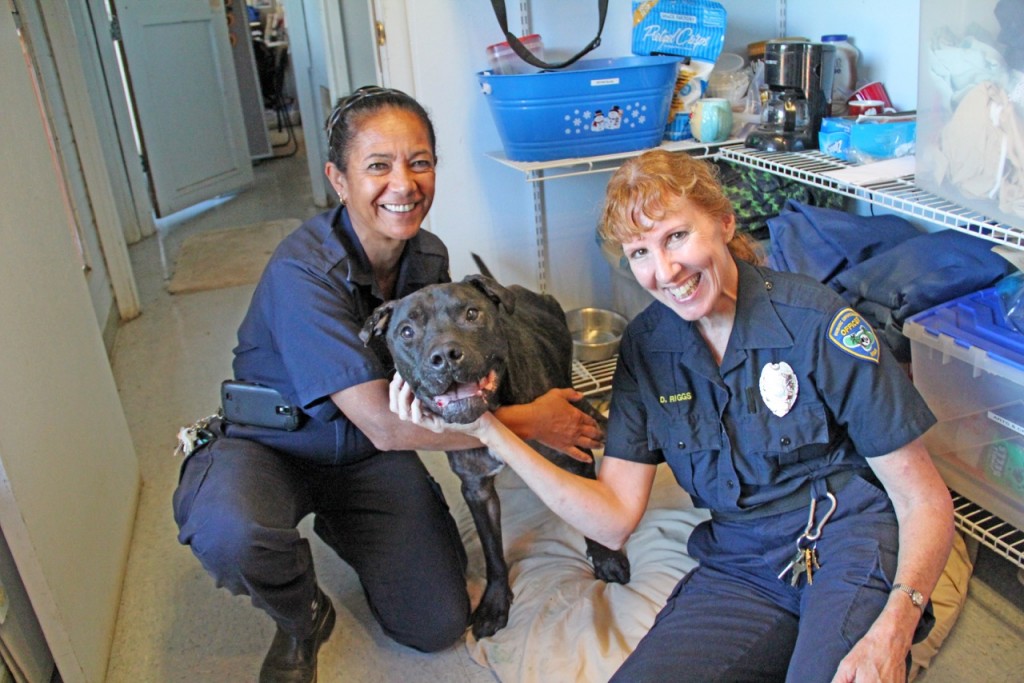News, ideas & inspiration from industry leaders

3 Ways to Be a More Effective Humane Enforcement Officer
Next month, we’ll be digging into seven of today’s most pressing issues during Looking Ahead: The Future of Animal Welfare. One session will focus on humane law enforcement—how this invaluable work has changed over the years, and the direction many of those in the profession would like to see it going. “Looking toward the future, the qualities and skills of an ideal humane enforcement officer (HEO) need not be enforcement-related,” says Maui Humane Society’s Steve MacKinnon, who’ll be a panelist for the session, More Positive, Less Punitive: Finding Balance in Humane Law Enforcement. “It’s more important to have good problem-solving skills, be a good listener, and be passionate about the job. We can teach you to be a good officer, but without these other traits you only get halfway to being your most effective.”
In his 38 years in law enforcement, MacKinnon has seen many changes in the industry. “The biggest change in the past decade has been the advent of body-cams on police officers and the use of cell phone cameras on the part of the community,” he says. “Many, if not most, police departments now make this standard issue equipment, along with the policies that mandate operation during citizen encounters. The public is now more willing to film police interactions they witness or are involved in, and we are now seeing this movement of HEOs also carrying cameras to film interactions as well as to better document scenes that they are investigating.”
In advance of his session on December 9, we asked MacKinnon about the future of humane enforcement and what officers can do to make a bigger difference in their communities. Here are his top three recommendations:
1) Be a good listener
“Citizens who want to complain about an animal issue want to be heard,” says MacKinnon. “They need to vent first. Listen, take your time with them, and acknowledge their fears, concerns, or frustrations. Doing this will eventually lead to a successful conclusion of the investigation.”
2) Take time for self-care
“In many ways this job can be more difficult than being a police officer, firefighter or EMT,” says MacKinnon. “You see suffering every day, and often the laws aren’t strong enough to allow for effective enforcement.” It’s crucial that you understand the concept of compassion fatigue and the steps you can take to take care of yourself. “Failure to do that leads to burnout, ineffective or uncaring attitude, and other unhealthy results. You can’t be effective on the streets without doing this.”
3) Write a good report after your investigation
“This may be boring, but if you don’t properly document the complaint, you won’t have a successful outcome,” states MacKinnon. “Even if the matter isn’t going to court, it is important to effectively document the incident. This could be critical should additional calls for service on the same investigation happen in the future. It’s been said, ‘If it’s not written down in the report, it didn’t happen.’”
For more, be sure to join the session with MacKinnon, American Law Institute’s Justin Marceau, and Mary Lou Randour, PhD, of the Animal Welfare Institute. MacKinnon encourages anyone who’s in or oversees humane law enforcement to attend, as well as those who do outreach and education in their communities.
Photo: Maui Humane Society


